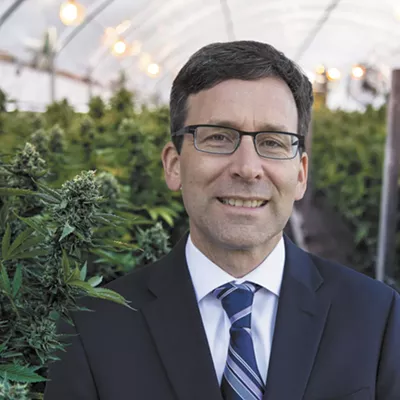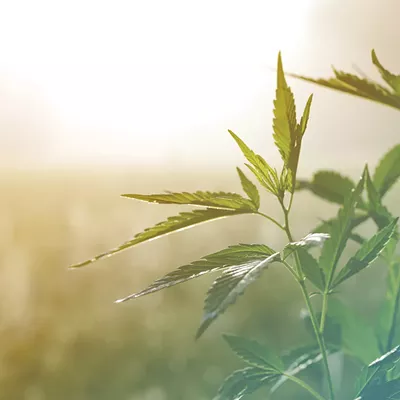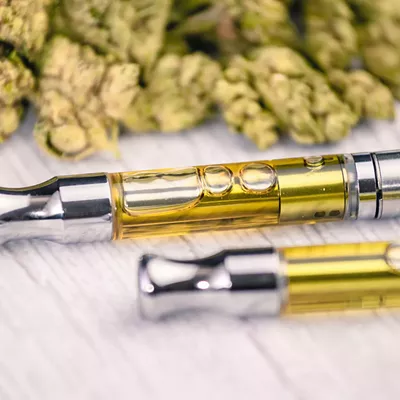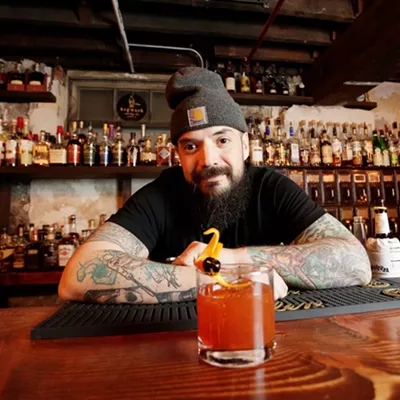Four years after the legalization of hemp at the federal level, unforeseen ramifications of the 2018 Farm Bill continue to expand the scope of the legislation. Cannabis is illegal in Minnesota, but as of July 1, edibles containing up to 5 milligrams of THC are not.
That seemingly contradictory statement is the result of a massive loophole in the federal government's definition of hemp, which it considers to be cannabis that contains less than 0.3 percent THC by weight. Specifically, 0.3 percent delta-9 THC — the chemical commonly referred to simply as THC. Other cannabinoids, like CBD, were not mentioned in the law. Meaning cannabinoids other than delta-9 derived from legal hemp were legal as well. Beyond just non-intoxicating CBD, that definition opened the door for intoxicating chemicals like delta-8 THC.
Delta-8 exploded onto the scene in 2021, becoming essentially a legal alternative to illegal delta-9. The two chemicals produce similar effects, though delta-8 produces a high roughly half as potent as delta-9. The sudden legality of a high-producing chemical set off a cascade of contradictory legal statements.
In 2021, the Washington State Liquor and Cannabis Board affirmed that delta-8 products were illegal in the state. In May of this year, however, the 9th U.S. Circuit Court of Appeals went the other direction, ruling that delta-8 products derived from hemp, just like CBD products derived from hemp, were legal.
Minnesota lawmakers' attempt to sort out this situation in their state instead raised a novel legal precedent. Delta-8 can be derived from legal hemp, but so can delta-9. The result is that, under the wording of the 2018 Farm Bill, "hemp derived" delta-9 products can be considered legal as well. In Minnesota, they are now not only legal, but regulated.
Other states will certainly follow suit and attempt to regulate delta-8 and similar products, just like Minnesota has done. This is because delta-8 products fall in a legal gray area, where testing requirements and quality control procedures are lax compared to, say, products on shelves at licensed dispensaries in Washington.
If you're confused, you're not alone. Minnesota Republican state Sen. Jim Abeler, who voted for the legislation, is confused, too. "I thought it was more of a technical fix to the delta-8 problem, and it had a broader effect than I expected," Abeler told Minnesota Reporter. ♦






















